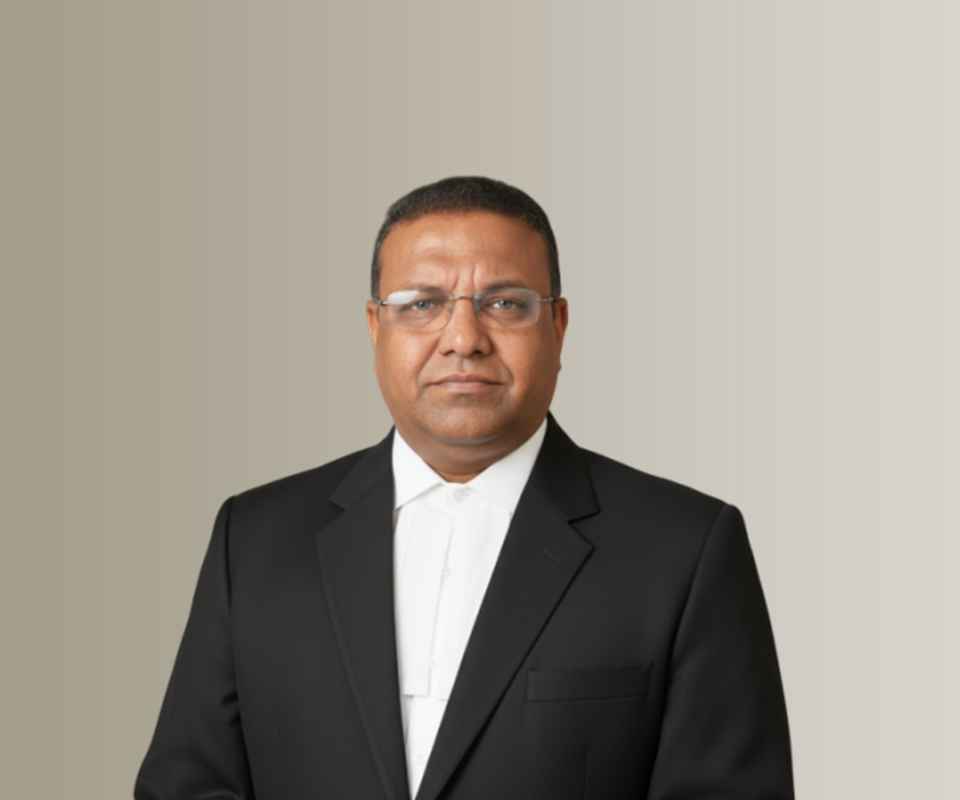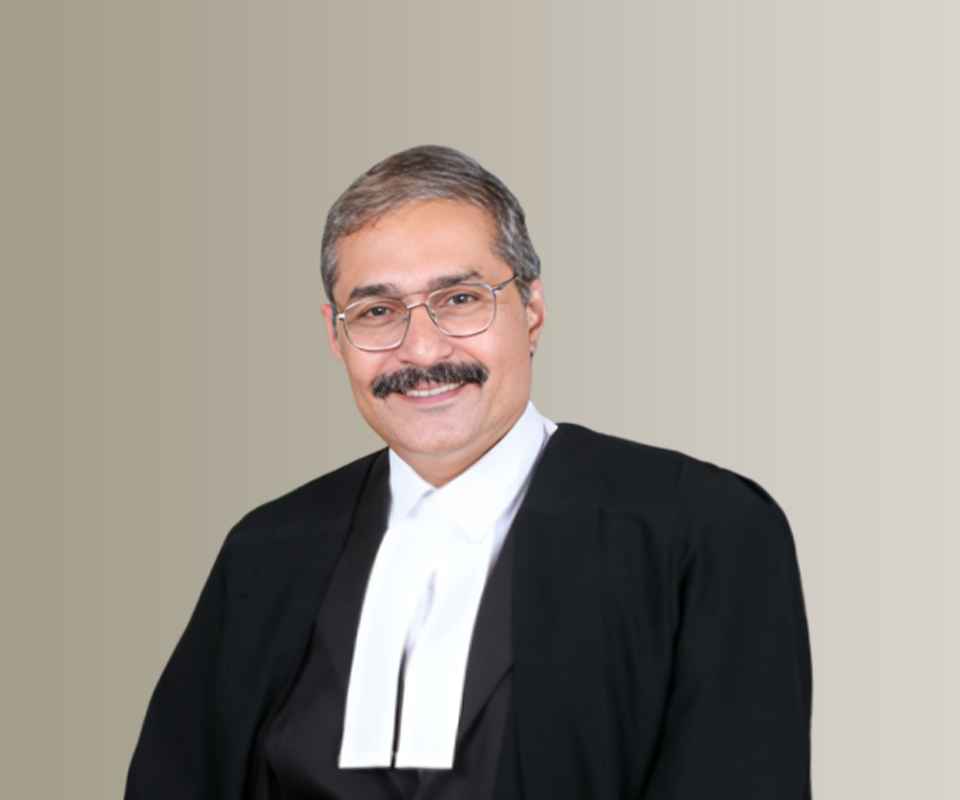Answer By law4u team
Yes, a patient can directly approach the High Court or the Supreme Court in India, especially when their fundamental rights are violated. This is provided under the Constitution of India. Here is a detailed explanation: 1. High Court – Article 226 of the Constitution A patient can file a writ petition in the High Court under Article 226 for enforcement of: Fundamental rights, such as the Right to Life (Article 21) which includes the Right to Health, and Other legal rights, such as denial of medical treatment or negligence in a government or private hospital. When can a patient go to the High Court? If emergency medical care is denied If there is gross medical negligence If there is discrimination or inhuman treatment If a patient is in custody and not receiving proper care If the patient’s condition is urgent and other remedies (consumer court, MCI) are too slow The High Court has wide discretionary powers to issue orders, including writs of mandamus, certiorari, habeas corpus, etc. 2. Supreme Court – Article 32 of the Constitution A patient can directly approach the Supreme Court under Article 32 for enforcement of fundamental rights, especially: Article 21 – Right to Life (which includes Right to Health and Medical Care) Article 14 – Right to Equality, if discriminatory treatment is alleged However, the Supreme Court usually expects that the petitioner will first approach the High Court, unless: The case involves a serious constitutional question There is urgent and direct violation of fundamental rights It is a matter of national or public importance 3. Remedies and Reliefs Available The court can: Order immediate medical treatment Direct the hospital to provide care Grant compensation in extreme cases Order inquiry into medical negligence Issue directions for systemic reforms 4. Legal Support – There is no court fee for filing writ petitions for violation of fundamental rights. – The patient can also get free legal aid through the Legal Services Authority if they are financially weak. In summary: Yes, a patient can directly approach the High Court under Article 226 or the Supreme Court under Article 32 when their Right to Life and Health is violated. The courts can intervene immediately in urgent or serious cases to ensure justice and proper medical care.









